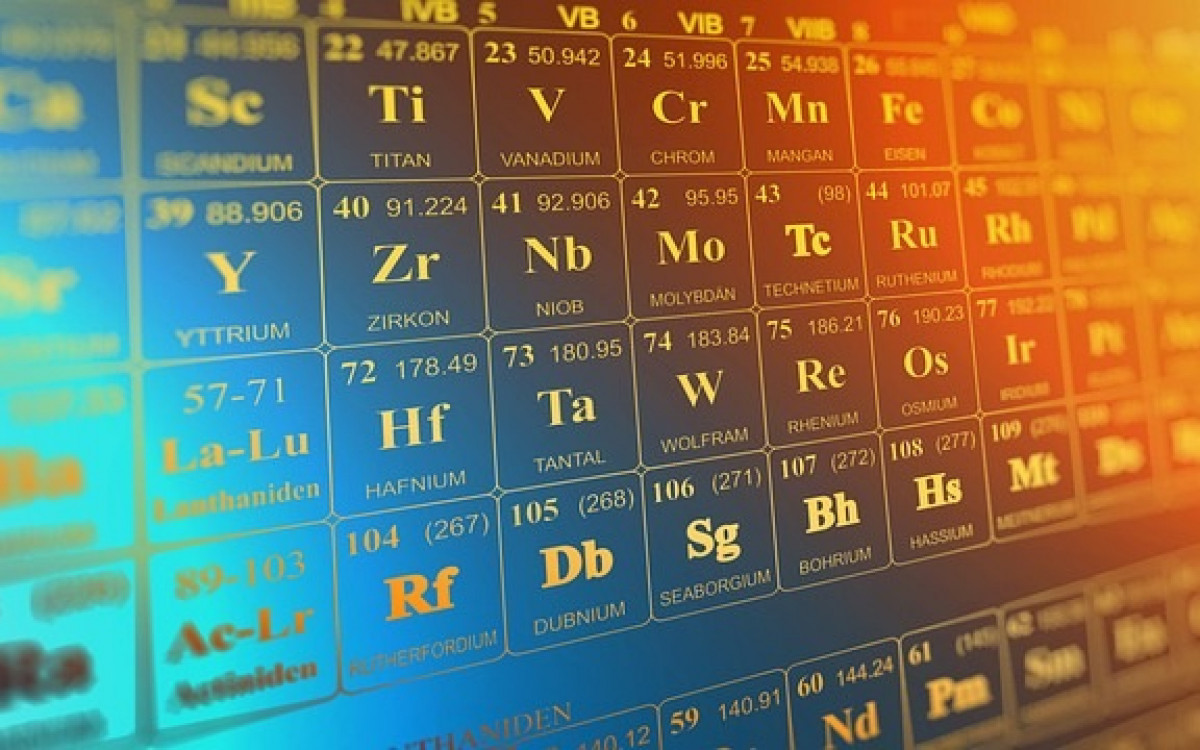The Brazilian Legislative Observatory (OLB) analyzed the evolution of expenditures (approved amounts – initial allocation) of the Federation budget and government investments in education, science and technology from 2000 to 2022. The values were corrected for accumulated inflation (IPCA).
Although the approved budget for 2022, the election year, is the largest in the series analyzed, education, science and technology are not a priority for the government. After 8 years of growth, the budget for investments, improvements and creation of new public policies has seen a significant decrease since 2014.
In 2022, the element reached one of its worst scores, with values similar to those observed in the country between 2000 and 2007, the work shows “Budget for Education, Science and Technology in Brazil: 22 Years of Advances and Setbacks”, by Joyce Luz, Joao Ferris Jr., and Deborah Gershon .
Investment values, not only in the two areas, have fallen dramatically in Brazil. After 8 years of increasing values, during the Labor governments, with a peak of R$139 billion in 2013, the amount approved fell to a level of nearly R$40 billion during the Bolsonaro government, i.e. reduced to less than one – the third highest value in the chain .
In 2022, the Ministry of Education will receive only R$ 3.45 billion for investments across the country. The proportion of investments in the pasta budget has declined after peaking at 17% in 2015. Temer’s government reduced investments to 10%, and under Bolsonaro’s government, this share was reduced to 8%.
Associated with the ministry, Capes has also received few investments over the past five years. In 2021, the entity did not receive amounts to be allocated to investments; Now the resource forecast is the worst in the entire historical series at only R$8.1 million.
The study shows that the resources allocated to investments in science and technology track the decline in the allocation of resources to the ministry over the years. Since 2013, the agency has declined. In 2020 and 2021, it received only R$446.5 million and R$237.3 million for investments. The forecast for 2022 is only R$722.4 million. Similar values were only observed in 2000, 2003, 2004 and 2016.
In addition to the decrease in the volume of approved revenues for this ministry over the years, the share of investments is also low. The peak occurred in 2007, during Lula’s government, with a shy 4% mark, and in the years of Bolsonaro’s government it fell to an average of 1.5% per year.
Associated with the Ministry of Science and Technology, CNPq since 2020 has reached the worst resource scores for investment in the past 17 years. In 2020, it was only R$9.9 million; In 2021, 11.9 million R$; In 2022, it will be R$16.67 million – well below the average R$48.72 million for the analyzed period.
The Brazilian Legislative Observatory is headquartered at the Institute of Social and Political Studies (Iesp) of the State University of Rio de Janeiro (Uerj).

“Hardcore beer fanatic. Falls down a lot. Professional coffee fan. Music ninja.”






More Stories
Are you addicted to memes? Understand how “Brainrot” can steal your attention and harm your life.
Scientists pave the way for the emergence of a new element in the periodic table | World and Science
Science Backs Yoga’s Benefits for Women Who Want to Live Longer